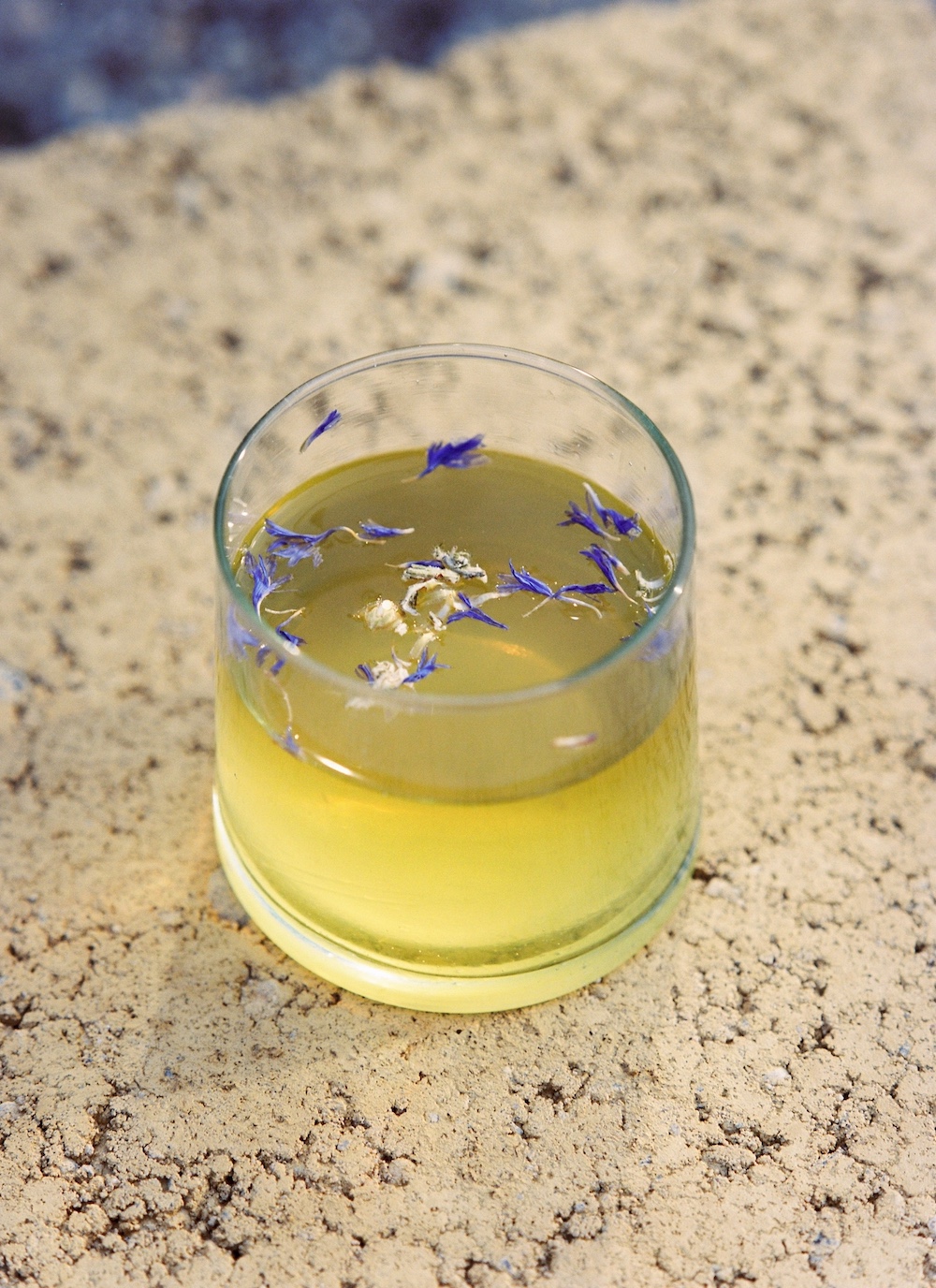
Workshop n. 4 – Ways to Vinegar
Ways to Vinegar
Workshop
Saturday, September 6th, from 14.00 to 16.00
IZBA, Topolò/Topolove
Join us for a hands-on session exploring the world of vinegar-making and crafting oxymel—a traditional tonic made by blending raw vinegar with honey and herbs. We’ll dive into the microbial properties behind vinegar fermentation and explore its historical role across cultures as both a healing remedy and natural cleanser for healthy environments.
Oxymel has ancient roots, dating back to Hippocratic medicine in classical Greece, where it was used to treat respiratory issues, stimulate digestion, and preserve vitality. The name itself comes from the Greek oxymeli, meaning “acid and honey.” Over centuries, oxymel appeared in Arabic, Roman, Persian, and European medicinal texts, often serving as a carrier for plant medicines or as a tonic in its own right. Its simplicity, stability, and effectiveness made it a staple in pre-modern pharmacopeias.
In this workshop, participants will explore a variety of herbal combinations, each designed for different effects—such as boosting immunity, reducing stress, or energizing the body. Together, we’ll prepare personalized blends while discussing the health benefits of raw, unpasteurized vinegar, including its support for digestion, its antimicrobial properties, and its ability to bring balance to the gut and beyond.
Oxymel is typically consumed by the spoonful or diluted in water as a daily tonic. In recent years, this ancient technique has gained popularity in high-end restaurants and cocktail bars, valued for its ability to extract and develop deep flavors. Often referred to as a “vinegar shrub,” oxymel can be used like a syrup—mixed with sparkling water, added to drinks, or used in dressings for a vibrant flavour profile.
The workshop is led by Philipp Kolmann and Suzanne Bernhardt of Studio Erba, a trans-local food studio exploring the cultural, ecological, and sensory dimensions of what and how we eat. Their practice weaves together food, art, and storytelling to inspire more caring relationships between people, plants, and places.
- - - -
The workshop will be held in English language (with spontaneous Slovene or Italian translation, if needed!).
If you'd like to join us, please send us a little note at uncommonfruits@gmail.com.